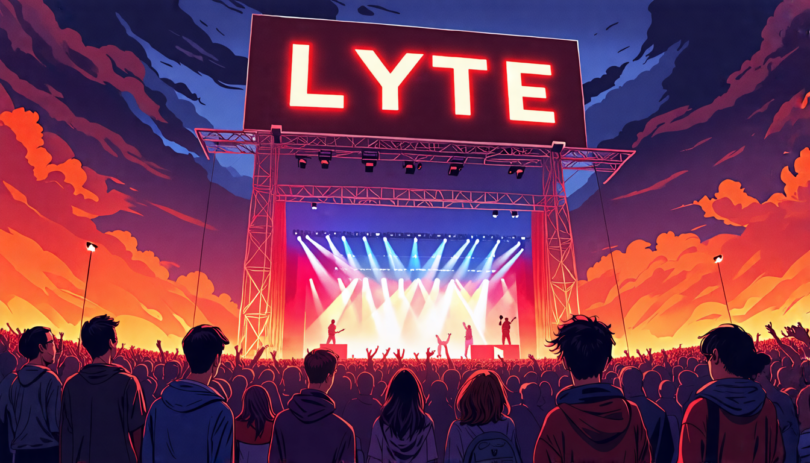Inside Look: Promoters and Scalping – Analyzing Lyte’s Role
The recent downturn of Lyte, a once-promising player in the event ticketing industry, has shed light on a controversial practice: promoters scalping their own tickets. This analysis delves into how Lyte’s troubles have unveiled operational tactics detrimental to both consumers and the legitimacy of event pricing.
Understanding the Business Model
Lyte, established in San Francisco, positioned itself uniquely by partnering directly with event organizers to offer a ticket exchange platform. This system ideally allowed fans to return tickets to an official pool, from which they could be purchased by other fans at fair prices. However, as the company faced financial strains and eventual decline, critical questions about this model’s implications for ticket pricing and availability surfaced.
Rise and Fall of Lyte
In its heyday, Lyte had secured partnerships with prominent music festivals and venues, promising a solution to the secondary ticket market’s inflation and fraud issues. They boasted efficiency and consumer-friendly policies, which attracted a large user base quickly. Yet, financial sustainability remained elusive, and by early 2023, the cracks began to show.
Promoter Complicity in Scalping
The crux of the issue lies in what appeared to be a double-edged sword: while promoting fairness, the platform allegedly also enabled promoters to engage indirectly in scalping. Investigative reports and industry insiders suggest that tickets were held back from initial sales to appear later on platforms like Lyte, marked up significantly under the guise of dynamic pricing, influenced allegedly by promoters and primary stakeholders.
Consumer Impact
The implications for consumers have been considerable. Fans are often left to contend with higher prices or miss out on events entirely. This practice not only impacts affordability but also tarnishes the fan experience and trust in event organizers.
Regulatory and Market Response
The exposure of these practices has prompted calls for stricter regulations on ticket sales and transparency. There is a growing demand for mechanisms that prevent the exploitation of fans and ensure fairness in the ticketing landscape.
Conclusion
The downfall of Lyte has opened up a broader discussion on the ethical dimensions of ticket sales and the role of promoters in market manipulation. As the dust settles, it is imperative for the industry to introspect and re-align its practices with the core values of fairness and transparency towards fans.







